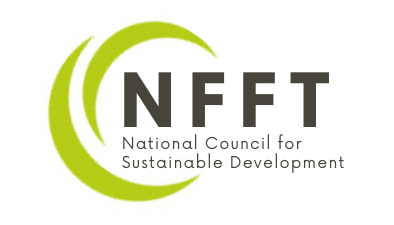NFFT’s Professional Coordination Working Committee holds second online workshop session - NCSD
05-06/6/2024
ESDN Conference
10/5/2024
NFFT Board Meeting
26-27/3/2024
ESDN workshop, Montenegro
13/3/2024
NFFT Board Meeting
On 4 March, NFFT’s Professional Coordination Working Committee held its second online workshop in 2021 to discuss the fifth National Environmental Programme (NKP) and the National Nature Conservation Plan (NTA). Keynote speeches were delivered by Tibor Zoltán László, deputy minister of state for environmental affairs (Ministry of Agriculture) and Bertalan Balczó, deputy minister of state for nature conservation (Ministry of Agriculture).
The 2021-2026 NKP has been designed to define Hungary’s environmental goals as well as the actions and instruments, resources needed to achieve such goals. In his speech, Tibor László talked about the results of the programme including the growing rate of households connected to water supply networks and waste water collecting networks, the rise in the number of settlements complying with the drinking water directives, the increasing rate of agricultural land used for ecological farming and the improvement of waste management. However, the deputy minister of state for environmental affairs stressed that there are many challenges remaining to tackle in the field of sustainable production and consumption patterns, waste generation, GHG emissions, sustainable innovation and approach as well as the protection of natural resources. To address such challenges, the programme includes comprehensive, strategic and horizontal objectives.
In his keynote address, Bertalan Balczó spoke about many external and internal challenges that will lead to the loss of our natural resources if the appropriate responses fail to be provided.
Hungary is also seriously challenged by a number of global processes such as climate change, the spread of invasive species, intensifying land use, the degradation of natural habitats and illegal land use. The assessment of the state of nature revealed the following trends: the rate of species with stable or improving status is high (61%) while habitats reflect declining tendencies (51%). One of the unresolved problems is wildlife overpopulation and the high rate of non-native fish species (30% of a fish fauna with 90 species are non-native species). As these problems are complex social and economic issues, actions only in the field of nature conservation cannot sufficiently remove them. Key priorities for the 2021-2026 timeframe include the protection of biodiversity, the prevention of further degradation of ecosystem services, the improvement of domestic green infrastructure, mapping, assessment of ecosystems and their services, habitat restoration and the reduction of invasive species.







